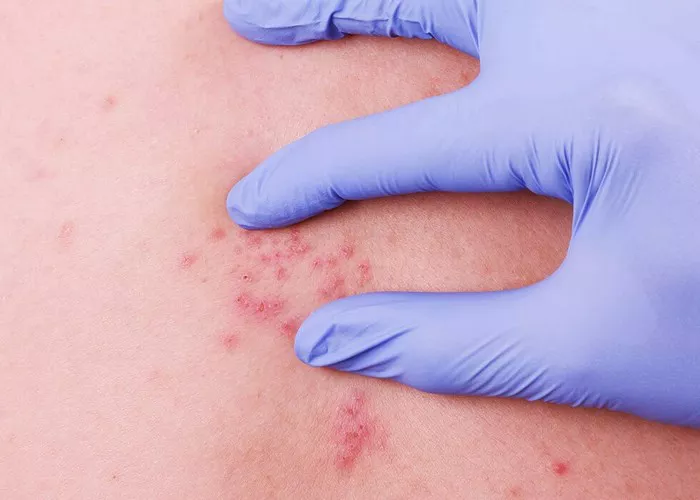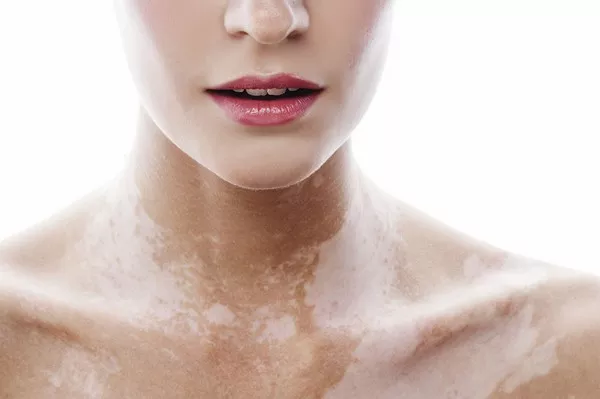Shingles is a painful and sometimes debilitating condition caused by the reactivation of the varicella-zoster virus (VZV), the same virus that causes chickenpox. For most people, shingles is a one-time experience. However, it is possible for adults to get shingles more than once. In this article, we will explore why this happens, the risk factors involved, how shingles recurs, and what can be done to prevent or manage it.
What Is Shingles?
Shingles, also known as herpes zoster, is a viral infection that results in a painful rash, usually on one side of the body or face. It typically affects people who have had chickenpox in the past. After a person recovers from chickenpox, the virus remains dormant in the body, hiding in nerve cells. Later in life, the virus can reactivate and travel along the nerves to the skin, causing the shingles rash.
Shingles causes burning, tingling, or itching sensations before the rash appears. The rash then develops into small blisters that eventually crust over. The pain can be severe, and the rash usually heals within 2 to 4 weeks, although the pain, known as postherpetic neuralgia, can persist long after the rash has gone away.
Can Adults Get Shingles More Than Once?
The short answer is yes, adults can get shingles more than once, although it is relatively uncommon. Most people who develop shingles will only experience a single episode in their lifetime. However, some individuals may have recurrent shingles outbreaks. Studies show that approximately 5-10% of people who have had shingles will experience another outbreak later on. The reasons for recurrence are not entirely clear, but several factors may contribute.
Why Do Some People Get Shingles More Than Once?
There are a few reasons why some people experience shingles more than once. These include weakened immune systems, age, and other health conditions that affect the body’s ability to fight the virus.
Weakened Immune System
A weakened immune system is one of the primary reasons shingles can recur. When the immune system is compromised, the body is less able to suppress the varicella-zoster virus, allowing it to reactivate. This can occur in people with conditions such as:
HIV/AIDS: People with HIV have a weakened immune system, which makes them more susceptible to infections like shingles.
Cancer: Certain cancers, especially those affecting the immune system (like lymphoma), can reduce immune function.
Immunosuppressive Medications: Medications that suppress the immune system, such as chemotherapy drugs, steroids, or medications taken after organ transplants, can increase the risk of recurrent shingles.
Autoimmune Diseases: Conditions like rheumatoid arthritis or lupus that require immunosuppressive treatments can also raise the risk of recurrence.
Age
Age is another significant factor. Shingles is more common in older adults, especially those over the age of 50. As people age, their immune systems naturally weaken, making it harder to control the dormant virus. Research shows that the risk of getting shingles increases with age, and older adults may be at higher risk for recurring episodes.
People who experience shingles in their younger years may also be more likely to have recurrences later in life. For this reason, it is especially important for adults over 60 to consider getting the shingles vaccine, which can help reduce the risk of both the first episode and recurrence.
Chronic Stress
Chronic stress can take a toll on the immune system, making it more difficult for the body to fight off infections. Prolonged stress can trigger the reactivation of the varicella-zoster virus, increasing the risk of shingles outbreaks. In some cases, a person may experience multiple episodes of shingles if stress levels remain high over time.
Other Health Conditions
Other health conditions that weaken the immune system, such as diabetes, may increase the likelihood of shingles recurrence. Diabetics, for instance, have a higher risk of developing infections in general, including shingles.
How Do Doctors Know If Shingles Will Recur?
Unfortunately, doctors cannot always predict whether or not a person will experience another episode of shingles. While certain risk factors, like a weakened immune system or age, increase the chances of recurrence, it is still not guaranteed. Shingles typically follows a pattern: the virus remains dormant in the body after the first outbreak and can reactivate years later, but some individuals may not experience another episode.
A person who has had shingles in the past should monitor for any signs of recurrence, especially if they have underlying risk factors. Early detection and treatment of shingles can help prevent complications and speed up recovery.
Symptoms of Shingles Recurrence
The symptoms of recurrent shingles are similar to those of the initial outbreak, but they can vary from person to person. Early signs include:
Pain or burning: The most common symptom of recurrent shingles is a sharp, burning pain along a specific nerve pathway.
Tingling or itching: Before the rash appears, the affected area may feel itchy, numb, or tingly.
Rash: A red, blistering rash may develop on one side of the body, typically in a band or strip. The rash will eventually crust over and heal.
Fever: Some people may experience mild fever during an outbreak.
Fatigue: Feeling tired or unwell is another common symptom of shingles.
If any of these symptoms appear, it’s important to see a healthcare provider as soon as possible for diagnosis and treatment.
How Can You Prevent Shingles Recurrence?
Although shingles cannot always be prevented, there are steps that can help reduce the risk of recurrence or lessen the severity of an outbreak.
Shingles Vaccination
The shingles vaccine is the most effective way to reduce the risk of shingles recurrence. The vaccine helps boost the immune system’s ability to fight off the varicella-zoster virus. Even if you’ve had shingles before, the vaccine can still be beneficial in preventing future outbreaks.
There are two main shingles vaccines:
Shingrix: This is the most commonly recommended vaccine and is given as a two-dose series. It is more than 90% effective in preventing shingles and postherpetic neuralgia.
Zostavax: This is an older vaccine and is less effective than Shingrix. It is no longer widely recommended, except for certain individuals who cannot receive Shingrix.
The Centers for Disease Control and Prevention (CDC) recommends that adults over the age of 50 receive the Shingrix vaccine, even if they’ve had shingles before. The vaccine can also reduce the severity and complications of the disease in case of recurrence.
Healthy Lifestyle Choices
Maintaining a healthy lifestyle is key to supporting the immune system. Some tips to keep the immune system strong include:
Eating a balanced diet: A nutritious diet rich in fruits, vegetables, and whole grains can help support overall health and immunity.
Exercise: Regular physical activity can boost the immune system and reduce the risk of infections.
Getting enough sleep: Adequate sleep helps the body recover and strengthens the immune system.
Managing stress: Stress management techniques, such as meditation, yoga, or deep breathing, can help lower the risk of shingles recurrence.
Avoid smoking and excessive alcohol: Both smoking and heavy drinking can weaken the immune system and increase the risk of infections.
Prompt Treatment of Early Symptoms
If you think you may be developing shingles, it’s essential to seek treatment early. Antiviral medications, such as acyclovir, valacyclovir, and famciclovir, can help reduce the severity and duration of shingles. Early treatment can also reduce the risk of complications, such as postherpetic neuralgia, which is the lingering pain that can occur after the rash heals.
What to Do If You Get Shingles More Than Once
If you experience shingles more than once, it’s important to work closely with your healthcare provider to manage the condition and reduce the risk of further outbreaks. Your doctor may adjust your treatment plan based on your health status and the frequency of the outbreaks.
In some cases, antiviral medications may be prescribed as a preventive measure to reduce the chances of future outbreaks. Your healthcare provider may also recommend regular check-ups to monitor your immune system and overall health.
Conclusion
In summary, adults can indeed get shingles more than once. While a single episode is common, certain factors—such as a weakened immune system, age, stress, and underlying health conditions—can increase the risk of recurrence. The best way to prevent shingles and its recurrence is through vaccination, healthy lifestyle choices, and early treatment when symptoms appear. If you’ve had shingles before, consider discussing the shingles vaccine with your doctor to help protect yourself from future outbreaks.
Related topics:

























